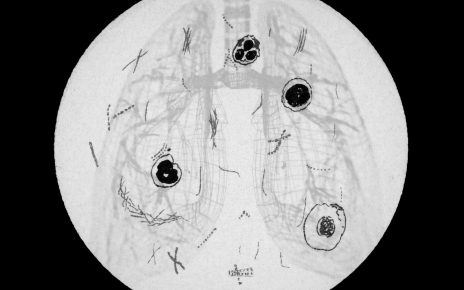A US Food and Drug Administration advisory committee gave a unanimous thumbs up to two new gene therapies: betibeglogene autotemcel (beti-cel) for the treatment of a blood disorder, transfusion-dependent beta-thalassemia; and elivaldogene autotemcel (eli-cel) for the treatment of the rare but uniformly fatal neurologic condition, cerebral adrenoleukodystrophy (CALD).
Both products are already approved in Europe.
These unanimous votes from an FDA advisory committee bode well for the FDA approvals of the product, which are expected later this year.
The FDA’s Cellular, Tissue, and Gene Therapies advisory committee met June 9-10 to consider the two products, both lentiviral vector (LVV) gene therapies developed by bluebird bio, Inc.
The votes each day were unanimously in favor of the products.
Asked whether “the benefits of beti-cell outweigh the risks for the treatment of subjects with transfusion-dependent beta-thalassemia,” the advisory committee cast 13 votes in favor and none against.
“People living with the most severe form of beta-thalassemia still require frequent transfusions…to survive, tethering them to the healthcare system for life and increasing their risk for severe complications and early death,” Andrew Obenshain, CEO of bluebird bio, said in a statement. “Today’s advisory committee recommendation is recognition of the substantial body of clinical data that support beti-cel as a potentially curative treatment option for these patients.”
The advisory committee had considered data from several phase 3 studies as well as the long-term follow-up study referred to LTF-303. As of last August, these data represented 240 patient-years of experience with beti-cel, and the longest available follow-up in transfusion-dependent beta-thalassemia patients treated with one-time gene therapy with beti-cel.
Phase 3 studies evaluating beti-cel demonstrated that 89% of patients receiving a single treatment achieved transfusion independence, said the company. Transfusion independence was defined as no longer needing red blood cell transfusions for at least 12 months while maintaining an average hemoglobin of at least 9 g/dL.
If approved, beti-cel will be the first potentially curative gene therapy for transfusion-dependent beta-thalassemia. The FDA approval goal date is set for August 19.
Gene Therapy for CALD
For the other product, eli-cel, the advisory committee voted 15-0 for the treatment of CALD in children who are not eligible for stem cell transplant from a matching donor.
The neurologic disorder is caused by mutations in the ABCD1 gene. Eli-cell works by leveraging ex-vivo transduction with the LVV to insert functional copies of the ABCD1 gene into a patient’s hematopoietic stem cells.
The FDA approval date is set for September 16.
“We are pleased that the advisory committee recognized the significant potential of LVV gene therapies to address severe unmet medical needs,” commented Anne-Virginie Eggimann, chief regulatory officer at bluebird bio. “We thank the FDA for convening this discussion on bluebird bio’s LVV gene therapies and look forward to the completion of the agency’s review.”
For more news, follow Medscape on Facebook, Twitter, Instagram, YouTube, and LinkedIn
Source: Read Full Article



